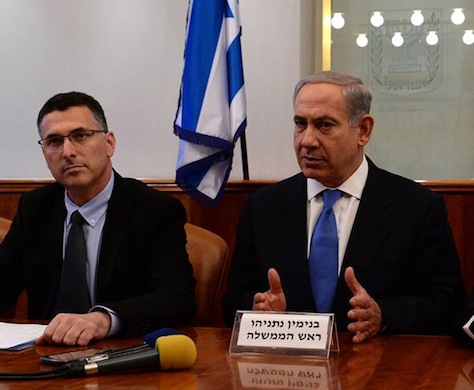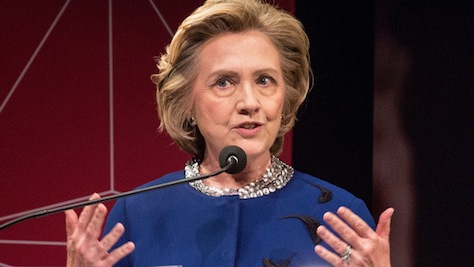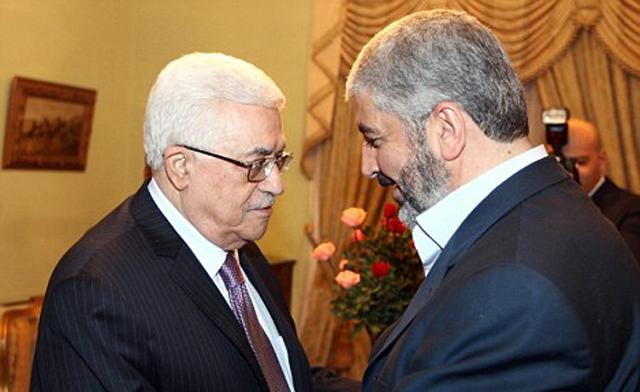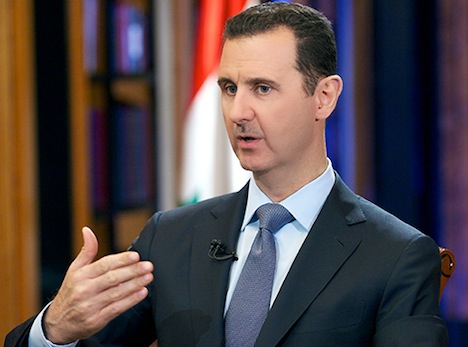
Ariel Sharon’s passing is something for which Israel has had eight years to prepare, and yet it’s almost as if his sudden turn for the worse is taking Israelis by surprise. With the impending retirement of Israeli president later this year, 2014 is shaping up as the final curtain call of the 1948 generation — though they come from very different perspectives, both Sharon and Peres came of age during the crucible of the 1948 war for independence, which would shape their leadership in Israeli government for the following six decades. 
Sharon belonged to the generation that cut its teeth politically and militarily under the founding generation of David Ben-Gurion and Golda Meir. It’s the generation that fought and won many of Israel’s defining wars, starting with the 1948 war, the 1967 Six-Day War that brought Egypt’s Sinai peninsula, the Palestinian territories and Syria’s Golan Heights under Israeli control and the 1973 Yom Kippur War. Sharon’s impudence in crossing the Suez Canal, in direct disobedience of a stunned military elite, is now remembered as the iconic moment of the October 1973 war. Sharon’s generation brokered peace with Egypt at the end of the 1970s, but failed to seal a Palestinian peace deal with the late Palestinian Liberation Organization leader Yasser Arafat. It’s a generation that bequeathed to modern Israel the foundations for one of the world’s most dynamic and innovative economies, but also bequeathed the same demographic and diplomatic puzzles that have plagued Israel since its foundation.
Sharon personified both the best and worst of Israel, and volumes will be written (and have been already) on both his crimes and contributions to the world. But you can trace the complexity of Sharon’s career in the two defining events of his public life — his complicity in the 1982 Sabra and Shatila massacre in Beirut and his turn from a warrior’s hard-right Zionism toward the statesman’s pragmatic peacemaking, a process that culminated in the 2005 withdrawal from the Gaza Strip. Over the coming week, you’ll read a lot about Sharon and his legacy, as an Israeli general, defense minister and as a prime minister. Critics will point to missteps like his 2000 visit to the Temple Mount (the location of the al-Aqsa mosque, Islam’s third-holiest site) that, in part, sparked the Second Intifada. His boosters will mourn the window of opportunity for peace that tragically slammed shut with Sharon’s brain hemorrhage on January 5, 2006, leaving Sharon in a vegetative state for the past eight years and an entire blotter of ‘what ifs’ for Israel and the Middle East. In some cases, his fiercest critics in the 1980s will be among those lionizing Sharon this week as a man of peace.
But the reality is much more nuanced — and you should beware any analysis that presents Sharon exclusively either a war criminal or as a prophet of peace.
Could Sharon have sealed the deal?
Sharon’s January 2006 stroke occurred two months after Sharon formed a new centrist party, Kadima (קדימה, ‘Forward’), leaving behind his longtime home with the right-wing Likud (הַלִּכּוּד), a party Begin founded in 1973. Sharon, who spent much of his time in the political wilderness championing Jewish settlements throughout the Palestinian territories, was occupied throughout the last year of his premiership in tearing down some of those settlements when he ordered the unilateral withdrawal of Israeli troops from Gaza and part of the West Bank. Sharon came to the recognition that Israel’s perpetual occupation over nearly 4 million Palestinians was untenable — for Israel as well as the Palestinians. So while Sharon championed the construction of a security barrier between Israel and the West Bank, he also took the first steps of what was expected to be the end of Israel’s military occupation of Palestine en route to a two-state solution.
Sharon was headed to an almost certain electoral triumph. His deputy prime minister Ehud Olmert, who lacked Sharon’s credibility, charisma and vision, and who would ultimately leave office under corruption charges, still led Kadima to an overwhelming victory in March 2006. But without Sharon at the helm, the Kadima project faltered — Olmert almost immediately launched a war in Lebanon, a military adventure that most Israelis believed to be somewhat of a failure for Israel and a victory for Lebanon’s Shiite militia Hezbollah (حزب الله).
Just 20 days after Sharon’s stroke, however, Palestinians voted to elect the legislature of the Palestinian National Authority, and they delivered a stinging defeat to the more moderate Fatah (فتح) and a victory for Hamas (حماس), the more militant wing of the Palestinian liberation movement. No one knows how Sharon would have responded to Hamas’s emergence, its clear democratic mandate and the ensuing turbulence between Fatah and Hamas in 2006 and 2007 that essentially left Gaza under Hamas control and the West Bank under Fatah control, a bifurcation that continues today. Israel responded by imposing a blockade on the Gaza Strip, largely with Egyptian cooperation, thereby further antagonizing Hamas. In response to the increase of Gaza-based rocket attacks on Israel, Olmert in 2008 launched a military invasion, Operation Cast Lead, that lasted 22 days and killed up to 1,400 Palestinians.
As an old warrior and one of Israel’s most conservative politicians, Sharon would have been one of the few Israelis with the ability to pull the country into a long-term Palestinian peace deal — more so than even current prime minister Benjamin Netanyahu and his foreign minister Avigdor Lieberman, who lead one of the more hawkish Israeli governments of the past quarter-century. It’s hard to know what might have happened if Sharon hadn’t suffered a stroke. Would he have felt the same pressure as Olmert to respond militarily to Hezbollah in summer 2006 by launching war on Lebanon? Maybe, maybe not. But given the almost universal condemnation of Hamas by the United States, Egypt and the Israeli political elite, it’s hard to believe that Sharon would have been much more willing to deal with a Hamas-led government in Gaza and it’s equally hard to believe that Sharon would have been more than a bystander in the Hamas-Fatah split — it was a split a long time coming, and it’s not a coincidence that it came so shortly after Arafat’s 2004 death.
For all the wishful thinking today, especially in light of eight years of stalled progress on the two-state solution and an Israeli-Palestinian peace deal, it’s not necessarily certain that Sharon would have been successful in brokering a peace with Hamas as well as with Fatah — it’s a thorny problem that continues to plague the renewed peace efforts of US secretary of state John Kerry and Israeli justice minister Tzipi Livni today.
Sabra and Shatila and beyond
For all of Sharon’s missteps as prime minister (such as his ill-fated visit to the Temple Mount in 2000), nothing really compares to his inexcusable role at Sabra and Shatila. Arafat’s Second Intifada followed from the breakdown in the summer 2000 Camp David talks, and it was already an almost-certain uprising in search of an excuse when Sharon conveniently made his 2000 visit. But no honest appraisal of Sharon’s legacy can omit the 1982 Lebanon War — and not just the Sabra and Shatila massacre. Continue reading Sharon’s legacy represents the best and worst of Israel →
![]()








